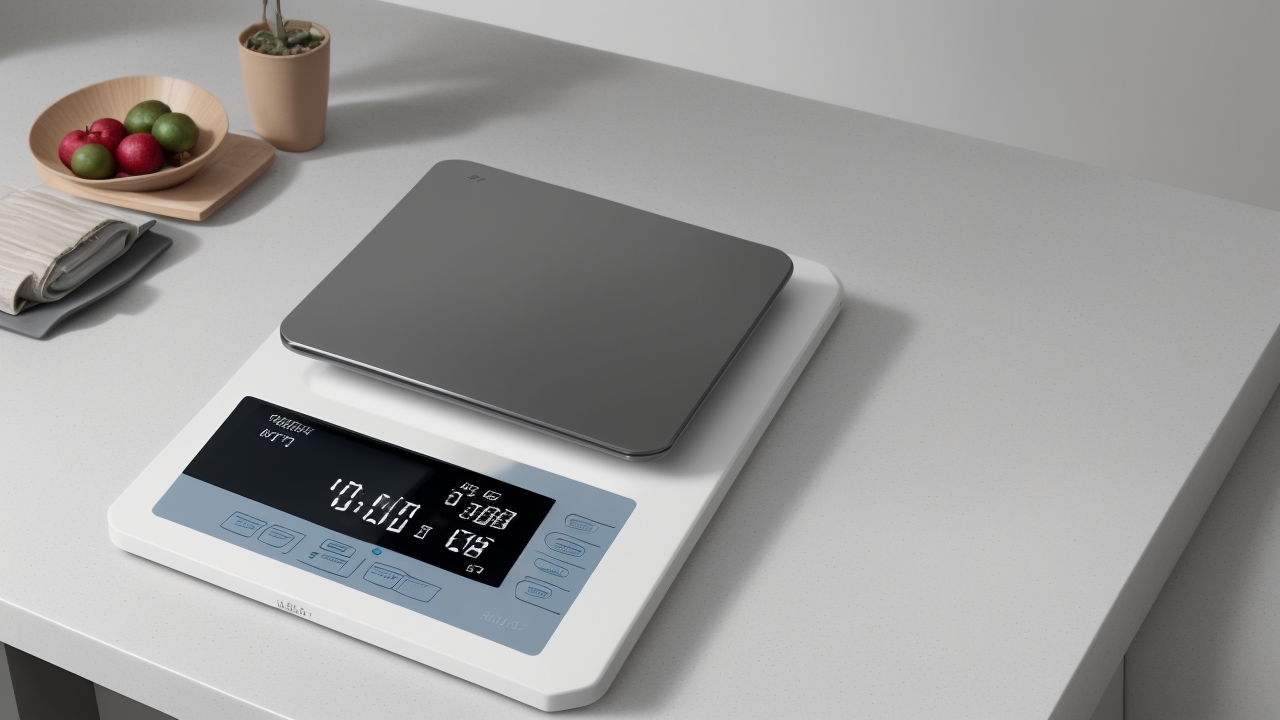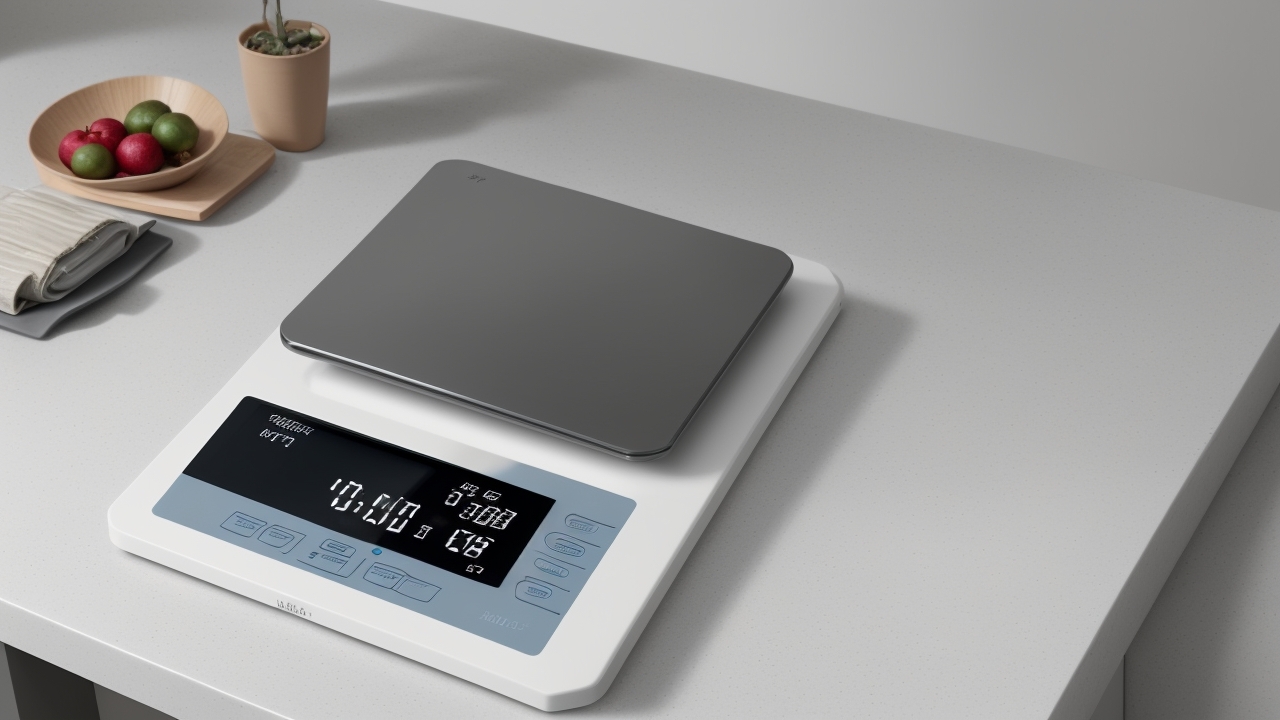hey scale explained and how it works
The blog delves into the intricacies of hey scale technology, an innovative advancement in digital weighing solutions featuring precision sensors and smart algorithms for accurate weight readings. It addresses key questions such as how the measurement process operates, emphasizing the importance of load cells, processing units, and calibration mechanisms. The blog also explores the diverse applications of hey scale systems in industries like manufacturing and retail, highlighting their benefits in inventory management and quality control. Additionally, it covers common issues and troubleshooting, providing insights into maintaining optimal performance. The technology’s integration capabilities with existing software platforms make it particularly relevant today, drawing comparisons to the evolving field of voice cloning in terms of technological advancement and application.
“`html
Understanding Digital Weighing Technology: A Comprehensive Guide to Hey Scale Systems
Table of Contents
- Introduction to Hey Scale Technology
- Core Components of Hey Scale Systems
- How Hey Scale Measurement Works
- Applications and Benefits
- Common Issues and Troubleshooting
- People Also Ask About Hey Scale
Introduction to Hey Scale Technology
Hey scale technology represents a significant advancement in digital weighing solutions. This innovative approach to measurement combines precision sensors with smart algorithms to deliver highly accurate weight readings. The system operates through a combination of load cells, analog-to-digital converters, and sophisticated calibration methods.
Try Heygen for precise measurement calibration
Core Components of Hey Scale Systems
The foundation of any hey scale setup relies on several key elements working in harmony:
- Load cells that convert force into electrical signals
- Processing units that interpret the electrical data
- Display interfaces showing weight readings
- Calibration mechanisms ensuring accuracy
Advanced Sensor Technology
Modern hey scale implementations utilize state-of-the-art strain gauge sensors. These sensors detect minute changes in electrical resistance when weight is applied, translating physical force into measurable data points.
How Hey Scale Measurement Works
The measurement process involves multiple stages:
- Weight application triggers sensor response
- Electrical signals undergo conversion and processing
- Digital readout displays final measurements
Calibration and Accuracy
Maintaining precision requires regular calibration procedures. The hey scale system employs internal references and external standards to ensure consistent readings across various conditions.
Applications and Benefits
Hey scale technology finds extensive application across numerous industries:
Industrial Applications
Manufacturing facilities rely on hey scale systems for inventory management, quality control, and production monitoring. The technology enables real-time weight tracking and data logging.
Commercial Usage
Retail environments benefit from quick, accurate measurements. The system integrates seamlessly with point-of-sale systems and inventory management software.
Common Issues and Troubleshooting
Understanding typical challenges helps maintain optimal performance. Environmental factors, electrical interference, and mechanical wear can impact accuracy. Regular maintenance and proper calibration prevent most common issues.
People Also Ask About Hey Scale
What makes hey scale different from traditional weighing systems?
Hey scale technology offers enhanced precision through digital processing and smart calibration methods. The system provides better stability and consistency compared to conventional mechanical scales.
How often should hey scale systems be calibrated?
Professional calibration is recommended every 6-12 months, depending on usage intensity and environmental conditions. Regular internal calibration checks should be performed weekly.
Can hey scale systems integrate with existing measurement software?
Yes, hey scale systems feature standard communication protocols allowing seamless integration with most industrial and commercial software platforms.
“`


